Bee Venom & their benefits in Covid-19 times – Part III
Bee Venom’s medicinal usage dates back to ancient times especially for treatment of joint pain and arthritis. Bee Venom is used for immunotherapy and help our immune system to become more active.
Science has proven that Bee Venom is used as a shot for alleviating symptoms of nerve pain or neuralgia, multiple sclerosis or MS, swollen tendons, or tendonitis, rheumatoid arthritis or RA, wounds, pain, gout, shingles, burns, and muscle conditions like fibromyositis and enthesitis.
It can be either injected or applied topically. Research done on Bee Venom (BV) and it major bioactive substances along with their potential medicinal effects are listed below:
Bee Venom Benefits
- Melittin – anti-inflammatory, anti-arthritis, anti-tumor, antimicrobial
- Apamin – anti-neurodegenerative, anti-inflammatory, anti-tumor
- Phospholipids A2 – anti-tumor, neuroprotective effect, immunomodulatory
- Adolapine – anti-inflammatory, anti-rheumatic, anti-pyretic, analgesic, anti-coagulant
- MCD – histaminergic or anti-histaminergic
- Secapin – anti-microbial
- Tertiapin – parasympathomimetic
- Cardio pep – antiarrythmic
Nanoparticles carrying a toxin found in bee venom can destroy human immunodeficiency virus (HIV) while leaving surrounding cells unharmed. This finding is an important step toward developing a vaginal gel that may prevent the spread of HIV, the virus that causes AIDS.
Bee venom contains a potent toxin called melittin that can poke holes in the protective envelope that surrounds HIV and other viruses. Large amounts of free melittin can cause a lot of damage. In fact, melittin-loaded nanoparticles have shown to be effective in killing tumor cells. ( Ref. Joshua Hood, MD, PhD, a research instructor at Washington University School of Medicine, is the senior author of the research paper that reports these findings.)
According to data from John Hopkins Coronavirus Resource Center, the global number of Covid-19 case, in Hubei province, the epicenter of Covid-19 in China. A survey was conducted of 5115 beekeepers from February 23 to March 8. None of these these beekeepers developed any symptoms of Covid-19 and continued to be healthy.

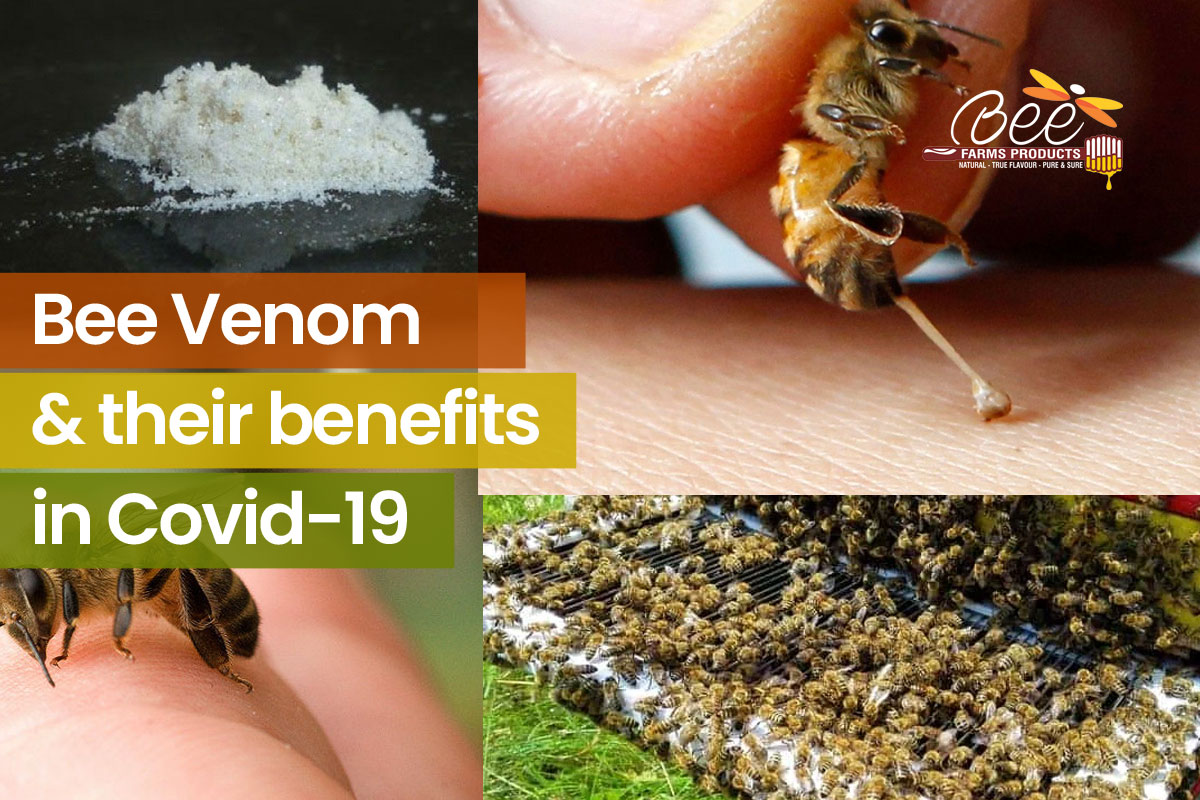
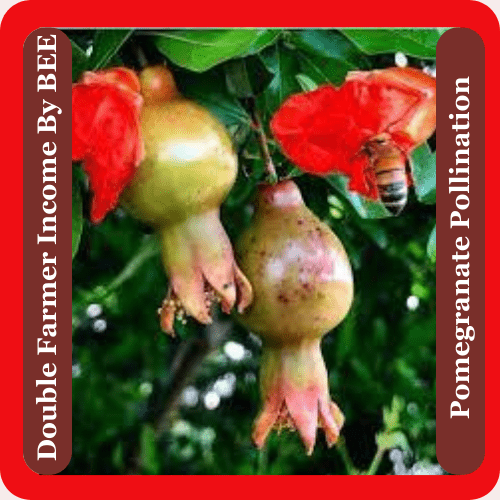
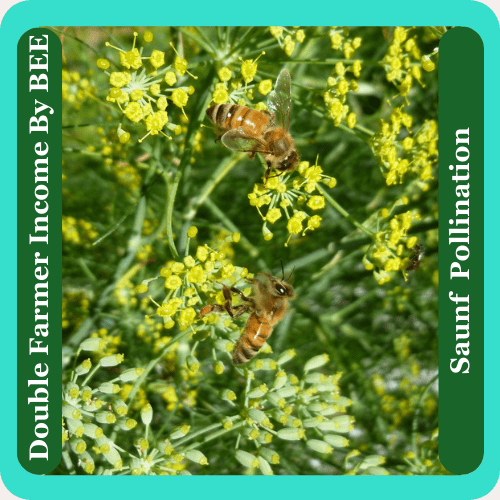
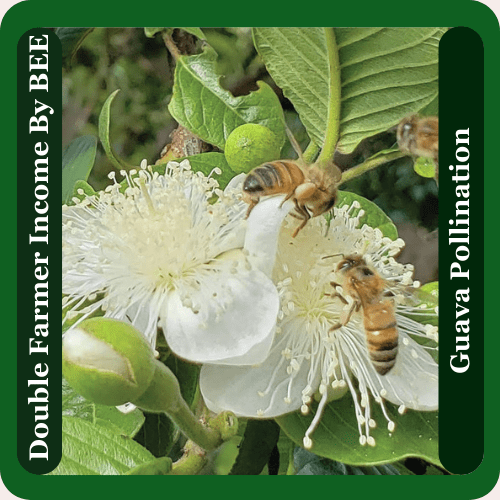
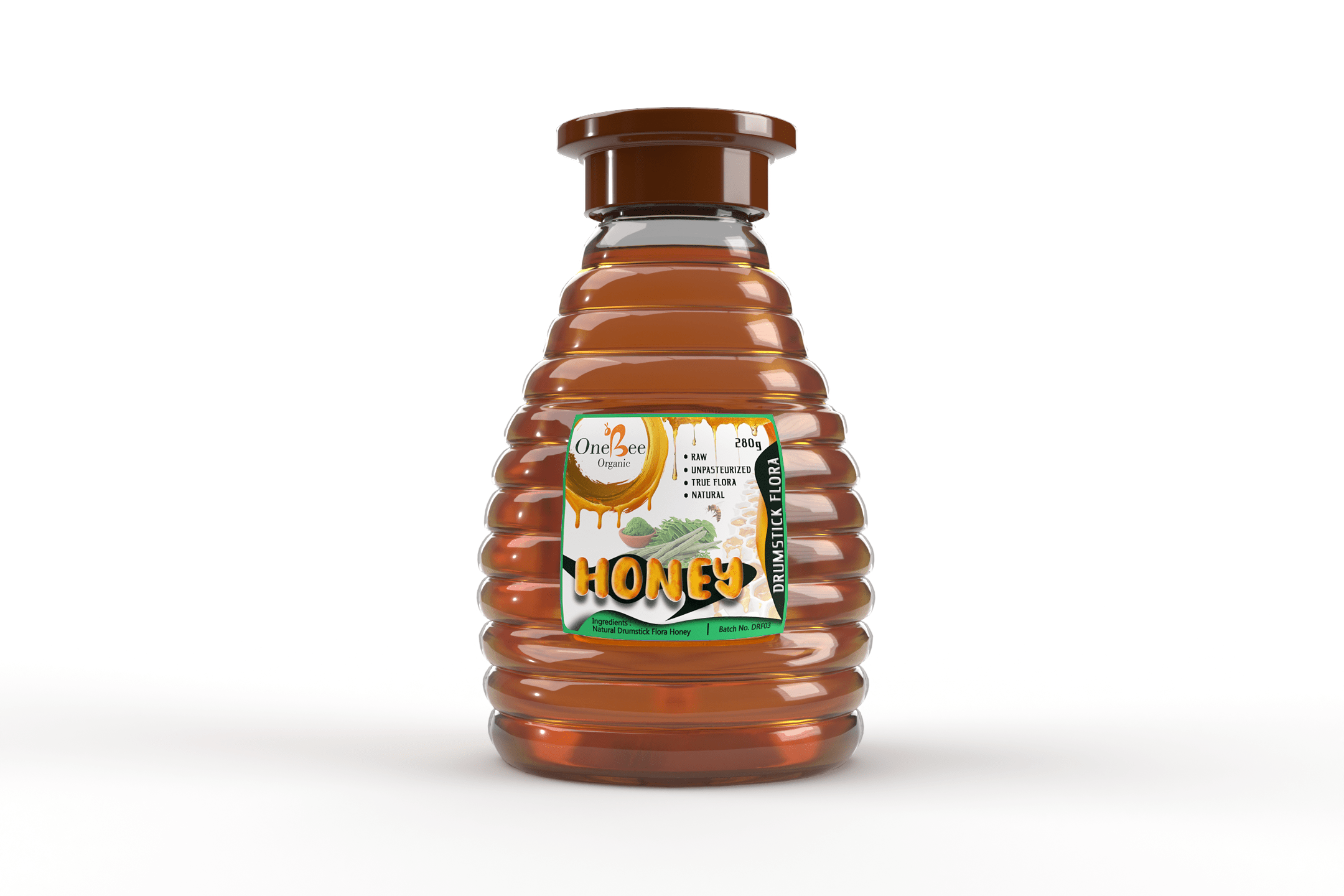
Leave A Comment